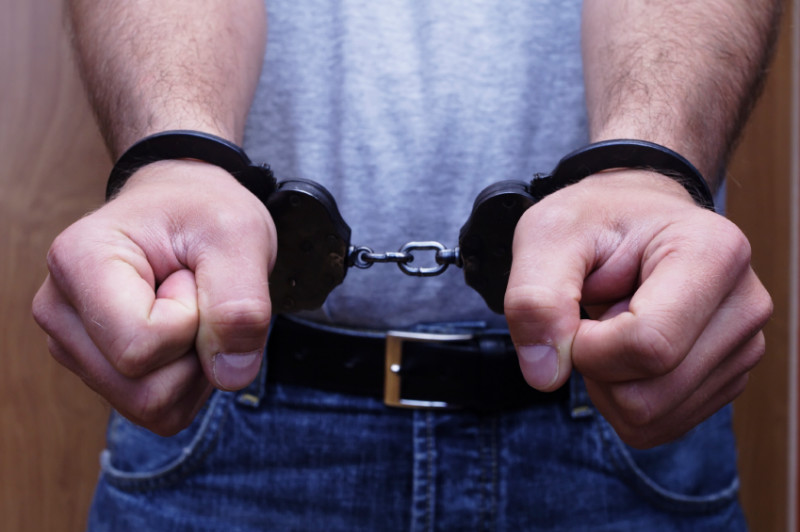February 27, 2015
In most jurisdictions within the United States, disorderly conduct is a criminal charge. There are various actions that are considered disorderly conduct, including being intoxicated in public, disturbing the peace, loitering, and general acts of unruliness. Because there are many actions that can be classified as “unruly behavior,” disorderly conduct is considered a “catch-all” charge.
What are the Consequences of Disorderly Conduct?
Under Florida law, disorderly conduct charges are classified as a second-degree misdemeanor. While penalties will vary on a case-by-case basis, here are a few of the potential consequences of a disorderly conduct charge:
-Jail time – A disorderly conduct charge can result in up to 60 days in jail, especially if drugs or alcohol were involved, or the act posed a legitimate endangerment to the public.
-Probation – Consequences for disorderly conduct charges can include up to six months of probation.
-Fines – You may have to pay upwards of $500 in fines.
-Criminal record – Even if you do not face jail time, you may have to live with having a permanent criminal record, which could affect your future endeavors.
Possible Defenses
Although a disorderly conduct charge may seem like a minor infraction, a criminal charge can follow you for years to come. Luckily, with the right attorney on your side, disorderly conduct is one of the most defendable charges. These are potential defenses:
-Verbal conduct – When an individual uses verbal conduct without any physical conduct, the First Amendment limits the application of the disorderly conduct statute.
-Loudness or belligerence – If a defendant is arrested for disorderly conduct because he or she was yelling, cursing, being belligerent, or bothersome to someone else, this is typically insufficient to sustain a charge.
-Drawing a crowd – During protests and the like, an individual or group of individuals may draw in a crowd. In the past, there have been situations when individuals were arrested for this type of action. However, under the First Amendment, drawing a crowd or actions that causes others to take notice cannot be criminalized.
When to Call an Attorney
If you or a loved one was arrested for disorderly conduct, you need an experienced attorney on your side. Disorderly conduct charges can have a lasting impact on your life, but the skilled attorneys at the Khonsari Law Group can help. Our team of legal professionals can provide possible defenses, which can potentially lessen or dismiss your charges. Learn more about the Khonsari Law Group and our practice areas, or schedule a free consultation today.


